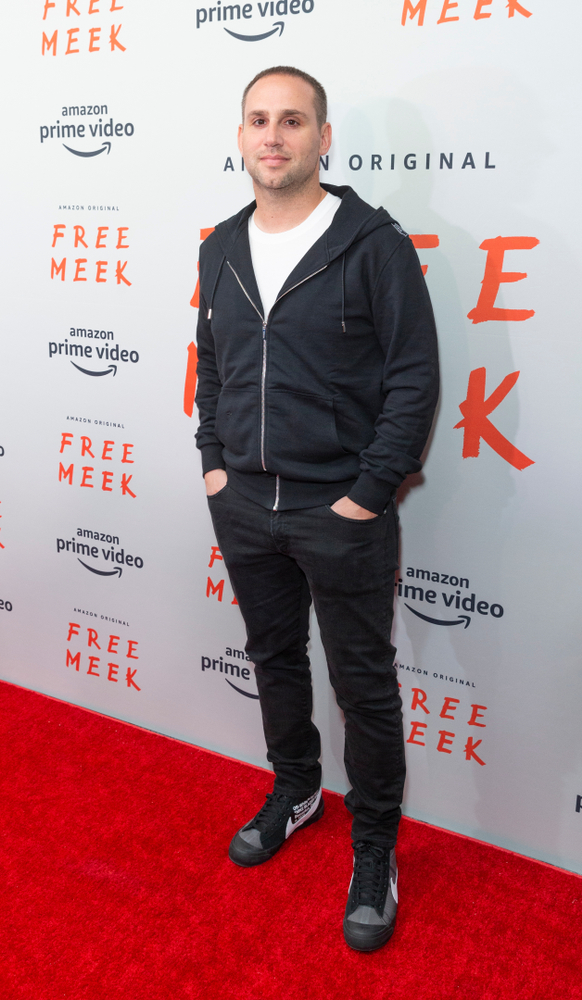Michael Rubin Gets Brutally Honest About Success—and Mistakes
Why Most Entrepreneurs Get It Wrong First
Michael Rubin, CEO of Fanatics and serial billionaire entrepreneur, recently sat down with Emma Grede on her Aspire podcast—and he didn’t sugarcoat a thing.
In an episode packed with raw honesty and real business wisdom, Rubin offered a rare look behind the scenes of his entrepreneurial mindset. Instead of reciting highlight reels, he dove deep into what not to do, sharing the hard-earned lessons that shaped his billion-dollar empire.
The Advice: Focus on the Wrong to Get It Right
Rubin emphasized that most people spend too much time obsessing over what’s going well. His strategy? Look ruthlessly at what’s going wrong.
“If you’re only celebrating your wins, you’re not growing,” he told Grede. “I’m obsessed with what’s broken. That’s where the opportunity is.”
This mindset has helped him pivot, scale, and adapt through failures—and it’s the advice he gives to every entrepreneur he mentors. Rubin says you should “hunt for the flaws” because that’s where long-term value is created.
Related: Karlie Kloss’s Rulebook: How to Build a Brand with Purpose
Related: Emma Grede Says Work-Life Balance Is Your Problem
The Credit: Obsession and a High Pain Threshold
When Grede asked Rubin what he credits most for his success, he didn’t hesitate: “Obsession. And being able to eat sh*t longer than anyone else.”
He explained that building anything meaningful requires relentless commitment and a mental toughness that most people underestimate. He wasn’t born into wealth—Rubin started out with a ski shop at age 12 and dropped out of college to go all-in on business. That early grind taught him to thrive on discomfort and pressure.
“I’m not smarter than anyone else. I just don’t quit,” he said.

A Warning for Entrepreneurs: Success Can Hide Weaknesses
One of the most powerful insights from the conversation was Rubin’s warning about early success. It can trick founders into thinking they’ve nailed it when they’ve just been lucky.
“Success is a terrible teacher,” he said. “It hides problems. That’s why I always challenge my team to think about what would kill us.”
Rubin pushes his leaders at Fanatics to constantly analyze weaknesses—even in peak performance periods—because that’s how you build resilience before crisis hits.

The Takeaway: Get Uncomfortable, On Purpose
Rubin’s overarching message? Get uncomfortable. If you’re not willing to look your worst mistakes in the eye, someone else will—and they’ll eat your business for breakfast.
Emma Grede called Rubin’s style “relentlessly practical”—and that’s exactly what aspiring entrepreneurs need right now.













